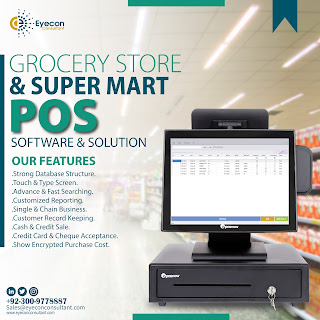Implementing QR Codes in Reports: Boost Engagement & Tracking
🔧 Why Add a QR Code?
-
Instant Access: Replace long URLs with scannable codes that link to web pages, documents, or multimedia.
-
Better UX: Engage readers with interactive content like videos, registrations, or supplemental resources.
-
Track Engagement: Use analytics-enabled codes to monitor scans and understand user behavior.
🛠️ How to Add & Optimize QR Codes
-
Pick a QR generator – free tools like QRCode Monkey or QR Code Generator offer customization and analytics.
-
Customize your code – add logos, choose colors, but maintain high contrast and avoid inverted designs.
-
Insert the code – embed it into Word, Google Docs, PDFs, or slides; ensure it’s a minimum of ~2 × 2 cm (0.8″).
-
Ensure scanability
-
Keep high contrast, clear quiet zones, and error correction enabled .
-
Place at eye level with adequate size based on scan distance (1 cm per 1 m ideal) .
-
Use non-glossy, flat surfaces to avoid glare.
-
-
Test thoroughly – scan with multiple devices, lighting, print materials, and after formatting.
-
Mobile-friendly landing page – ensure the target is fully responsive and loads fast on smartphones.
-
Use a clear CTA – prompt action with labels like “Scan to download report” or “Watch the video” .
-
Track & iterate – prefer dynamic QR codes that support scan analytics; monitor and refine placement/design over time.
Read the complete blog here.



Comments
Post a Comment